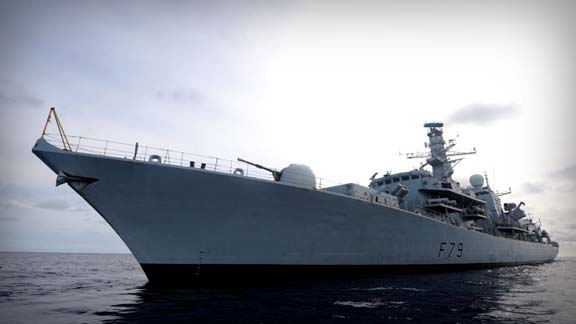
February 2013
The United Kingdom recently decided to send a Royal Navy warship to Libya in order to showcase defense equipment for security firms looking to make big purchases in the aftermath of the fall of Muammar Gaddafi.
While this has concerned some lawmakers in Libya, the United Kingdom Trade and Investment arm of the government has assured that no weapons would be for sale. The Libyans, the body insisted, would only be shown high-tech equipment to augment their maritime security.
The move is likely a part of the United Kingdom’s defense strategy. The nation looks to bolster the security of close allies and nations it has a vested interest in. The United Kingdom sees this event as an opportunity to promote equipment and services that would help Libya maintain maritime domain awareness and port-security.
Skeptics needn’t worry all that much– the United Nations has put in place a strict arms embargo on the unstable country, especially because it is deemed at risk for human rights abuses. High-ranking officials from Britain assured that nothing would be sold to Libya that ran a risk of destabilizing the country, or that would be used for internal oppression of citizens.
Concerns aren’t unwarranted however. Ever since the tied turned in Libya during the 2011 revolution, European defense contractors have been racing to resupply the country’s military. For instance, early in 2013, Italy sold 20 armored vehicles to Libya’s defense ministry, and France sent 50 inflatable maritime vessels to Tripoli.
Unfortunately, the arms, once in the country, can be hard to track. There are concerns that weapons could be flowing right out of Libya into neighboring conflicts, such as the ongoing Islamist insurrection in Mali. There have also been accusations that Libyan weapons were used when Islamist terrorists killed 39 people in a raid on an Algerian gas plant.
United Kingdom companies had been supplying the Libyan government with weapons since 2004, although when the revolutionary war broke out later that decade, London revoked hundreds of licenses to do business with the Libyan government.